A bit larger and more aloof than the Pembroke Welsh corgi, the Cardigan Welsh corgi is a different breed altogether. While not as popular as the Pembroke, the Cardigan Welsh corgi is a delightful dog with an alert and friendly demeanor, and a fluffy tail. This dog’s problem-solving wit makes him a challenging and fun companion. Read on to learn more about the Cardigan Welsh corgi.
Description of the Cardigan Welsh Corgi
With big bat-like ears and a long tail, the Cardigan Welsh corgi can be hard to tell apart from the Pembroke. Generally, the Pembroke Welsh corgi does not have a tail thanks to docking as a puppy. The Cardigan Welsh corgi comes in a variety of colors including black, brindle, blue merle, red, and sable – almost always with a white underside, and a white blaze on the face.
Originally bred in Wales to herd cattle, this dog retains much of the intelligence, energy, and tenacity required for the job. They tend to be a bit more headstrong than their cousins from Pembroke, which may be part of the reason that they are not as popular. That said, this breed is generally the healthier and longer-lived corgi breed.
Life Expectancy and Size
A hardy little dog, the Cardigan Welsh corgi often lives 12 to 15 years. They only stand 10.5 to 12.5 inches tall, yet weigh in at a hefty 25 to 38 pounds. Since they were originally bred for herding cattle, this breed is far sturdier, thicker, and more muscular than many short-legged dogs. Like all “long and low” dogs, the Cardigan Welsh corgi is susceptible to back issues.
Protective Ability
While the Cardigan Welsh corgi has quite the bark, his small stature is unlikely to spook most intruders. Naturally alert, this herding dog displays some natural guarding abilities. They may attempt to “herd” fast-moving objects by charging, barking, or nipping. That said, this behavior is not very useful as a protective action. Look elsewhere if you really want a guard dog.
Training
As with almost all herding breeds, these dogs are highly trainable. They do well with consistent cues and clear goals, especially when being trained with treats. They learn tricks quickly and can be quite agile, making them fun agility companions.
The Cardigan Welsh corgi retains more of the natural herding instinct than the Pembroke, and therefore often enjoys herding or Treibball sports. Whether you simply want a walking companion, or a high-powered competition dog, this breed does best with ongoing training to keep his sharp mind occupied.
Energy Level
Do not let this dog’s short legs fool you! They were bred to move cattle across vast distances, and work all day. The Cardigan Welsh corgi needs regular and ongoing mental and physical exercise to stay happy. Their short legs keep them from running alongside a bike, but otherwise these little dogs tend to be up for anything.
Like many herding dogs, the Cardigan Welsh corgi can become barky or nippy with fast-moving objects if improperly exercised and trained. Give your dog guidance by rewarding him for making good choices, and give him appropriate outlets for his desire to run and chase.
What Living with a Cardigan Welsh Corgi is Like
Despite being a delightful dog, the Cardigan Welsh corgi is less popular than the Pembroke. This may be because of their higher-energy nature. Many of these dogs are ball-aholics, and easily become excited about movement.
While this breed is a great fit for active homes that don’t have space for a larger dog, they are not a good fit for overly busy homes that cannot cater to their energy needs. They need regular outings to stay fit and happy – this is a high energy breed.
Keep in mind that this dog is a herding dog who was bred to control motion in large cattle. They are not always well-suited to chaotic homes with children.
Care of the Cardigan Welsh Corgi
This breed is tough and tenacious, with a sharp wit and a long battery life. The Cardigan Welsh corgi is not the easiest small dog breed to own, but may be a better introduction to herding dogs than some of the larger and even more energetic options out there (such as border collies and Australian shepherds).
Environmental Needs
The thick coat, and often dark coloring of this dog makes him susceptible to overheating, and hardy in the cold. Take care in extreme temperatures, but otherwise this dog does well in most environments.
Exercise Needs
As a herding dog, the Cardigan Welsh corgi needs regular exercise. He particularly enjoys running and chasing to fulfill his instincts to herd cattle. Many of these dogs enjoy fetch, but should be encouraged to use their bodies in other ways. Fetch is a high-impact activity that can easily damage joints and soft tissue. They do well with regular mental exercise in the form of treat-based training and puzzle toys to augment physical activity.
Shedding and Grooming
The coat of a corgi is thick, and short to medium length. This leads to quite a bit of shedding year-round, as well as once- or twice-yearly big shedding events. They should not be shaved in the summer, as this can lead to them overheating more because their coat is designed to work in most temperatures. Brush this dog at least once per week to keep the coat silky-smooth and manage shedding.
Ideal Home Environment
The Cardigan Welsh corgi is adaptable to many homes, but does best with owners who enjoy moderate exercise and regular training sessions. They may do well with children, but should be carefully monitored to discourage herding behavior. While this breed can succeed in apartments, their owners need to take care to meet their exercise needs in a smaller home.
Generally a bit more suspicious of strangers than the Pembroke Welsh corgi, this dog is not as well-suited to fast-paced and dense urban lifestyle. That said, many Cardigans do well even in city homes. Cardigan Welsh corgis that are bred for herding or competitive sports will be even more energetic and intelligent than dogs bred for companionship, so keep this in mind if you’re not ready for the challenge.
Health Concerns
This breed is generally healthy. Responsible breeders will screen their dogs for hip, eye, and spine issues. These dogs are also vulnerable to back issues thanks to their short legs and long spine. Take care to not let them jump up or down from cars, beds, couches, and stairs. Speak to your vet right away if you notice any sensitivity in your corgi’s back, as injuries here are common and serious.
Behavior Problems
This breed is generally affable and even-tempered. That said, there is a range within the breed from friendly with strangers to suspicious of novelty. Proper socialization and training, as well as selection of breeders that do not breed overly suspicious dogs, will set you up for success.
As a high energy herding dog, some Cardigan Welsh corgis will become easily fixated on movement and may bark, lunge, or nip at fast-moving objects. They can easily become barky or destructive if under exercised.

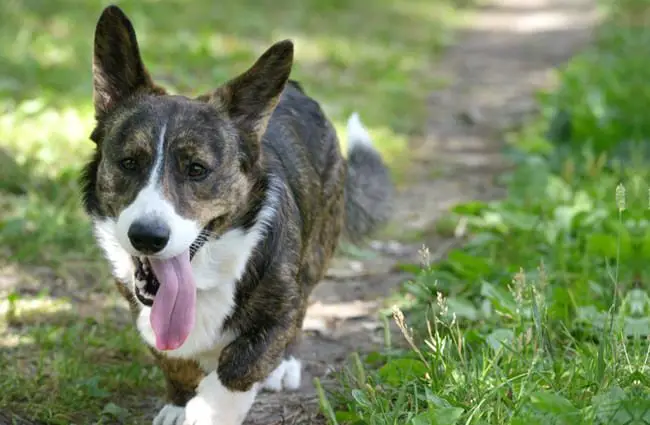
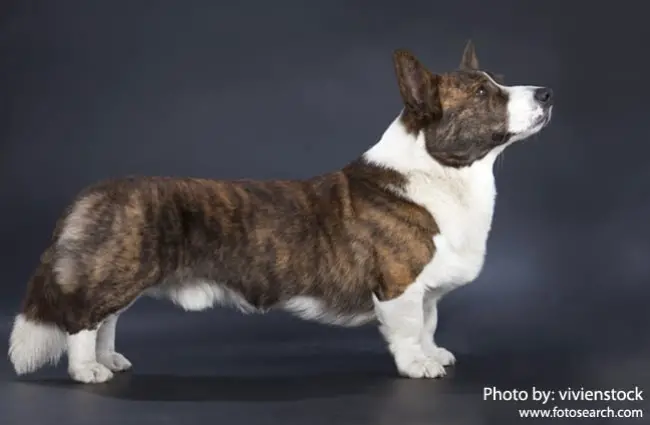
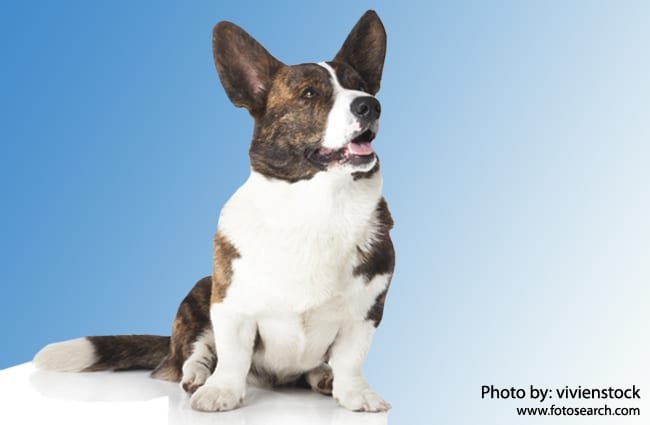
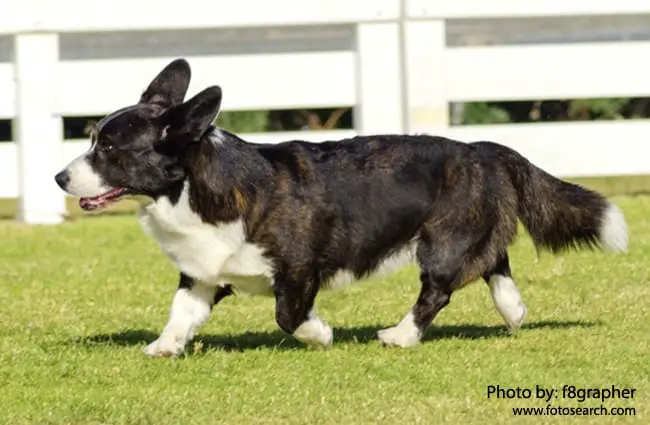
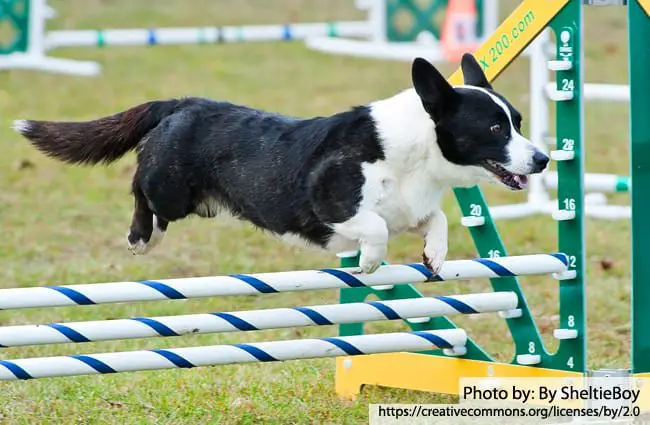
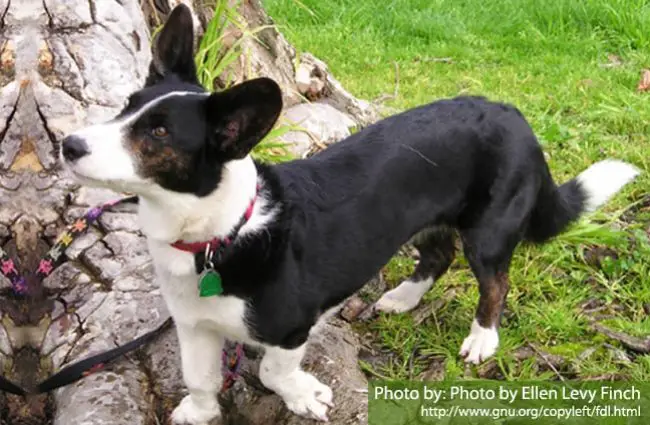
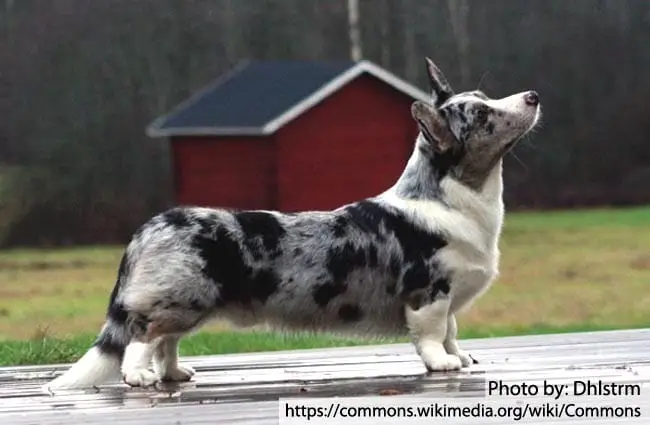
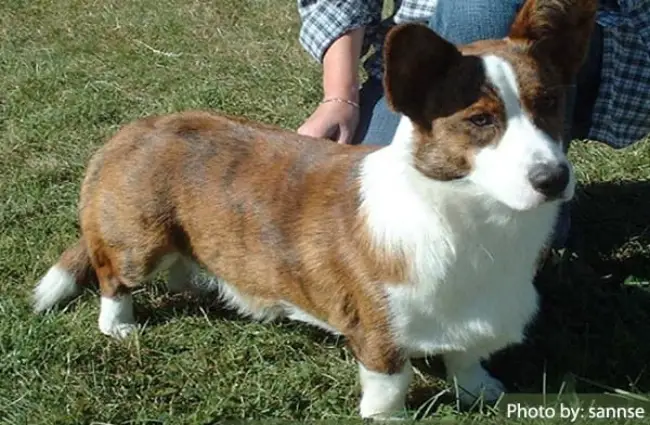
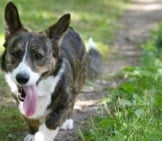
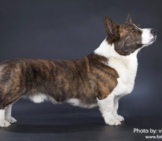
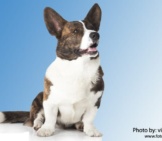
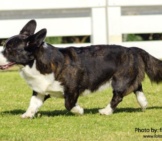
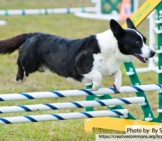
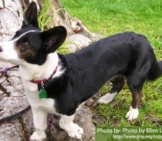
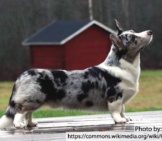
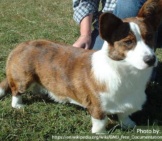
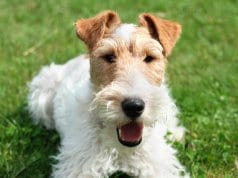
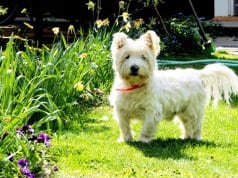
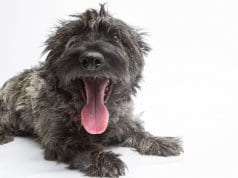
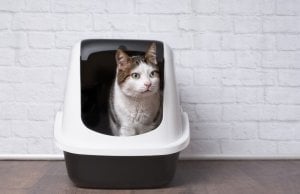

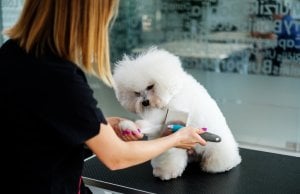

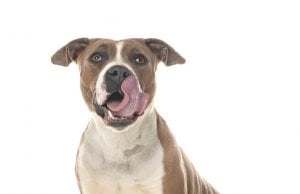




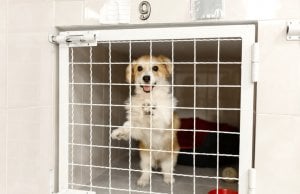
![Red Angus Closeup of a beautiful Red Angus cowPhoto by: U.S. Department of Agriculture [pubic domain]https://creativecommons.org/licenses/by/2.0/](https://animals.net/wp-content/uploads/2020/03/Red-Angus-4-100x75.jpg)

